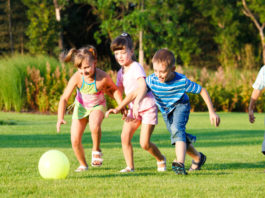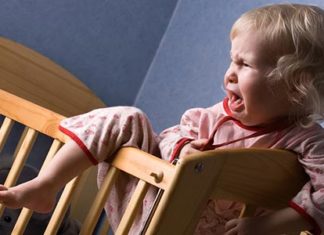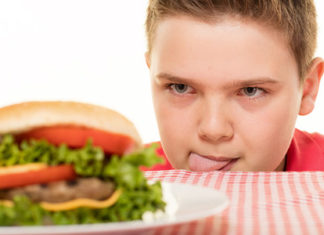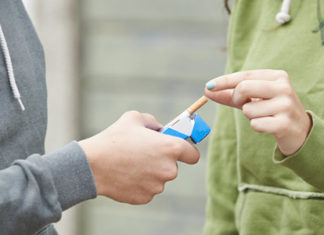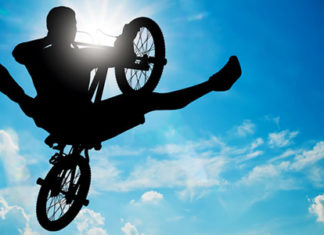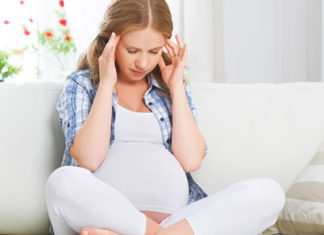Children’s sleep quality linked to mothers’ insomnia
Children sleep more poorly if their mothers suffer from insomnia symptoms – potentially affecting their mental wellbeing and development - according to new research by the University of Warwick and the University of...
Children's sleep quality linked to mothers' insomnia
Children sleep more poorly if their mothers suffer from insomnia symptoms – potentially affecting their mental wellbeing and development - according to new research by the University of Warwick and the University of...
Country kids face food challenges
One in five children in regional and remote WA worry about getting enough food to eat according to a new study from Edith Cowan University.
Researchers surveyed more than 200 children from around the State...
Children who skip breakfast may not be getting recommended nutrients
A study by researchers at King’s College London has found that children who skip breakfast regularly may not be consuming the daily amounts of key nutrients for growth and development that are recommended by...
Differences in brain activity in teens at risk for obesity
In a small study that scanned the brains of teenagers while exposing them to tempting “food cues,” researchers report that reduced activity in the brain’s “self-regulation” system may be an important early predictor of...
Peer influence doubles the risk adolescents will smoke
The way things stand now, tobacco use will kill one billion people in the 21st century. In the United States, 90% of smokers pick up the habit by age 18, making adolescence a critical...
Despite health and learning benefits, half of parents against later school start times
The early morning starts of most high schools work against teens’ natural sleep patterns. Experts say change is needed. Leading paediatrics and sleep associations agree: teens shouldn’t start school so early.
Yet University of Michigan...
Why teens take risks: it’s not a deficit in brain development
A popular theory in recent neuroscience proposes that slow development of the prefrontal cortex – and its weak connectivity with brain reward regions – explains teenagers’ seemingly impulsive and risky behaviour. But an extensive...
Lower prenatal stress reduces risk of behavioural issues in kids
Parenting is a complicated journey full of questions, and when a beloved child begins to show signs of a behavioural disorder, a parent’s challenges become even more difficult to navigate.
Expectant mothers may want to...
Dive in children’s bike sales points to physical inactivity crisis
A sharp drop in children’s bike sales in the past decade has Australia’s leading health experts gravely concerned about the lack of physical activity of children and young people.
In the past 10 years, children’s...
- Advertisement -
Sign up to receive the latest parenting news, competitions, health information, baby/child/whole family recipes, play ideas, outings, personal stories and much more.






